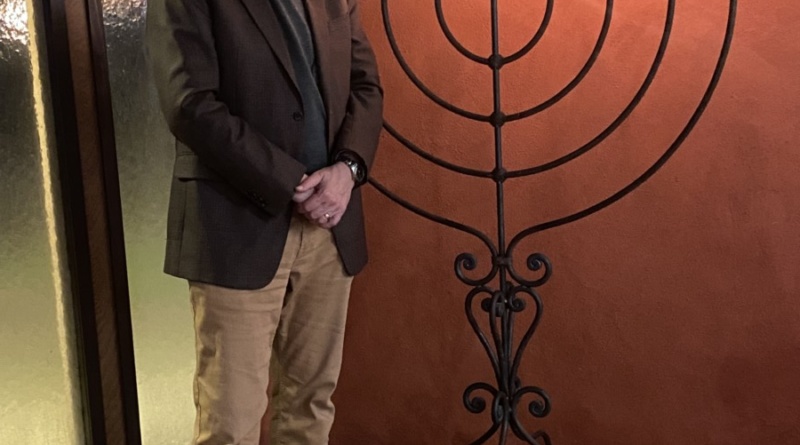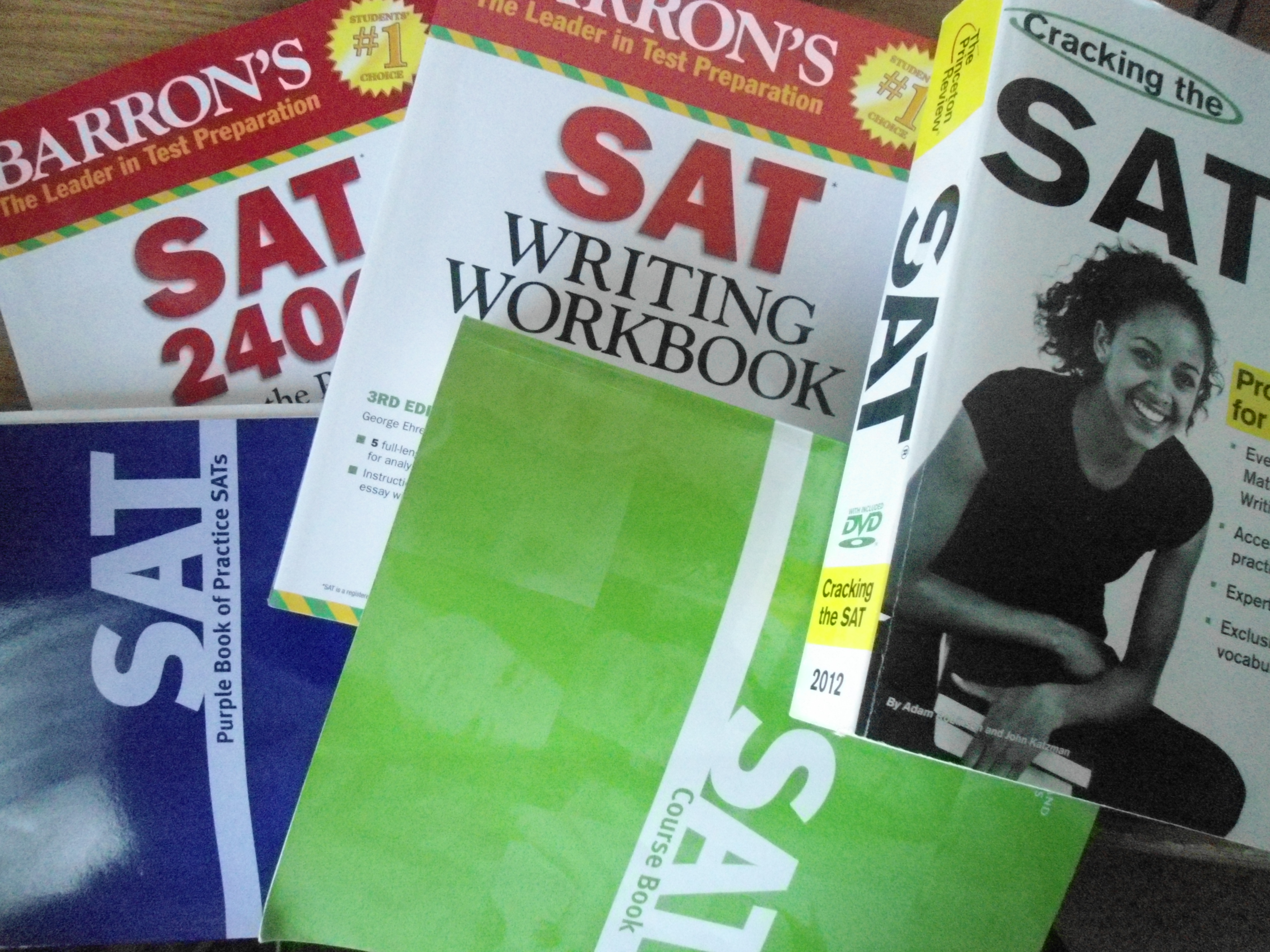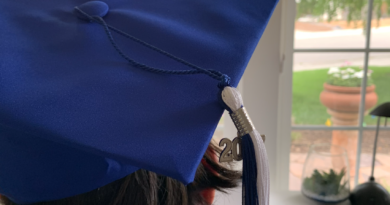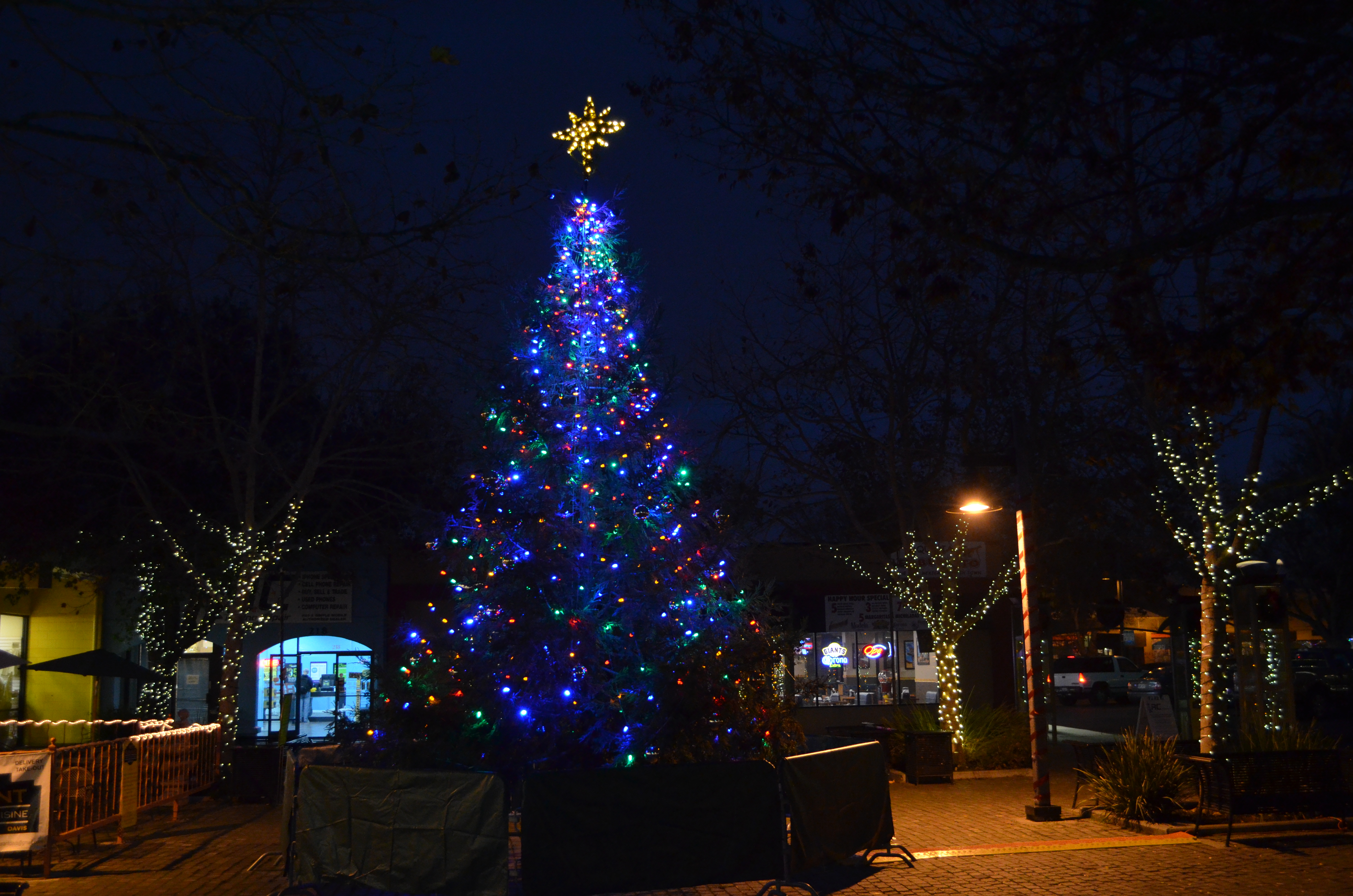Winter holidays showcase religious and ethnic diversity in Davis
PHOTO: Rabbi Greg Wolfe stands next to the Hanukkah Menorah at the Congregation of Bet Haverim Synagogue following the Song Leaders and Social Justice Shabbat Service on Saturday, December 10th.
By Sean Campbell,
BlueDevilHUB.com Staff–
As the harmonious singing of the Bet-Haverim song leaders, the rhythmic strums of the guitar and upbeat notes of the piano fade away the words “Shabbat Shalom” echo over the aroma of soft warm challah bread. The Song Leaders and Social Justice Shabbat Service on Saturday Dec. 10 at the Congregation Bet-Haverim of Davis Synagogue has ended.
Hanukkah is a Jewish holiday that takes place in the Jewish month of Kislev which changes between late November and early December depending on the year. “Hanukkah celebrates the refusal of Jewish people 2100 years ago to give up their unique Jewish spirit,” Rabbi Greg Wolfe said.
“Legend says that [ Jewish people] needed to relight the lamp in the Temple after taking it back from the Greeks with special oil. However, there was only enough for one night but mysteriously the oil lasted for eight nights until more oil could be procured,” Rabbi Wolfe said.
The United States is a diverse religious country with many unique religions and traditions being celebrated. However, sometimes these religions and practices can be ignored especially during the holiday season. This is caused by the predominance of Christianity throughout the U.S. It is important to showcase the traditions of all religions and non-religions, especially during the holiday season.
Krish Kulkarni, a sophomore at Davis High, says his favorite winter holiday is Diwali, the festival of lights, that takes place on Nov. 4 every year. “Hindus in local communities get together multiple times that night, and it is basically the most important holiday of the year,” Kulkarni said.
The celebration includes the lighting of numerous fireworks and candles to symbolize new beginnings and the victory of light over darkness. Kulkarni’s favorite memory of this event involves these fireworks.
“On Diwali a few years ago one of the fireworks fell over before being set off, which led to the box that held the fireworks blasting off in a random direction,” Kulkarni said.
Many families now have to deal with being interfaith or having multiple religions present in a household. These families have become more common in recent years with 39% of all married couples married between 2010 and 2015 being interfaith, up from 19% in 1960, according to the Pew Research Study on interfaith relations and families.
Sophomore Oskar O’Geen’s family is mixed between both Roman Catholic and Atheist which causes them to incorporate different traditions into their holiday celebrations. “We usually celebrate a non-religious Christmas in our family and those that are Catholic participate in their traditions without those that are atheist.”
The annual Thanksgiving All-Faith Service is a time where people from all religions come together to celebrate Thanksgiving. This celebration includes speeches from clergy, songs, and prayers. “This event to me represented giving thanks and being a part of a greater community,” Pastor Dan Smith said.
“My favorite memory from the service was when in 2016 Rob Davis, the former mayor of Davis, gave a slideshow presentation that included a bunch of people that were making a major impact on the community and it was a really powerful experience,” Pastor Smith said.
This event has not been able to happen ever since the beginning of the pandemic.
The Korean Culture Club at DHS works to expose members to Korean traditions, practices, and cultures including Seollal, the Korean Lunar New Year.
“Last year the club had a Seollal themed zoom meeting that shared traditional Korean winter traditions such as Charye (praying and paying respects to elders), Sebaetdon (children receiving new years money and wisdom from elders in exchange for a bow of respect) and Hanbok (a traditional Korean attire that is worn during Seollal),” said Sarah Park, senior president of the Korean Culture Club.
There is no major Islamic holiday that regularly takes place in the winter. “When looking at Islamic holidays they are not based on the solar calendar but the lunar one instead,” junior Yusuf Abdelnur said, “so I haven’t experienced either of the two major holidays (Eid Al-Fitr and Eid Al-Adha) during the wintertime yet but that will eventually change.”
According to the 2020 American Values Atlas done by the Public Religion Research Institute, around 70% of United States citizens identified as Christian or a branch of Christianity. Only around 4.5% of the U.S population identify as a non-Christian religion with the other 23.5% being atheists, agonists, and people with no religious affiliations.
“Yes, while Chrisitan practices do get a lot of attention, more than other religions, I wouldn’t say that makes other religions ignored, just less prominent,” Kulkarni said.
“I don’t really think that other religions with winter holidays are ignored but religions such as Islam that do not have main holidays in the winter season all the time or at all are definitely ignored,” sophomore Reyan Islam said.




